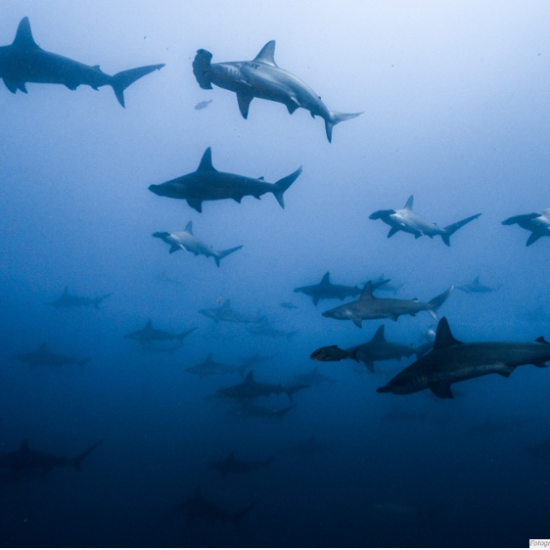
Long-distance movements associated with environmental and ecological drivers are common in a wide array of mobile marine species. Understanding such movements and associated drivers is particularly important for management and conservation of threatened species, which may be exposed to anthropogenic threats throughout their range. Pacific nurse sharks (Ginglymostoma unami) are endangered because of their interactions with fisheries and a lack of biological knowledge as a recently described species. Little is known about this species’ movements throughout its broad distribution in the tropical Pacific coast of Latin America. Using passive acoustic telemetry, we report the longest ranging movement so far observed for Pacific nurse sharks. A male individual, measuring 176-cm total length at the time of tagging, travelled over 390 km within 46 days along the North Pacific coastline of Costa Rica. These findings highlight the importance of collaboration and data exchange among researchers to enable monitoring of broader geographical ranges and provide critical insight into the movement capabilities of this endangered species. Defining marine corridors and identifying essential habitats for Pacific nurse sharks may be necessary to mitigate fishing-related impacts if these longer distance movements are common across their population.







